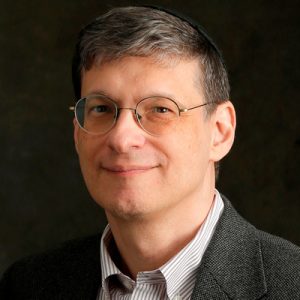Nationalism is the most vital challenge of this political moment. From President Trump’s election on the basis of his “America First” platform to the British people’s vote to withdraw from the European Union, to debates about immigration and migration throughout the Middle East, Europe, Central America, and North America, the questions of borders, political limits, and sovereign independence are the defining questions of our age. In his stirring new book, The Virtue of Nationalism, president of the Herzl Institute and Israeli philosopher Yoram Hazony argues that a world governed by independent nations is a positive good and worth defending.
In the course of his argument, Hazony recovers an older meaning of political conservatism, one based not on Enlightenment doctrines of the social contract or modern rationalism, but inspired by the ideas of the Hebrew Bible. That older conservative tradition is the political philosophy that comes to life not in empire or global government, but in free, self-governing nations.

Yoram Hazony
Yoram Hazony is an Israeli philosopher, Bible scholar and political theorist. He is president of the Herzl Institute in Jerusalem, chairman of the Edmund Burke Foundation. and the founder and former head of the Shalem Center in Jerusalem, a research institute that conducted nearly two decades of pioneering work in the fields of philosophy, political theory, Bible, Talmud, Jewish and Zionist history, Middle East Studies and archaeology. He is also the director of the John Templeton Foundation’s project in Jewish Philosophical Theology.
Dr. Hazony researches and writes in the fields of philosophy and theology, political theory and intellectual history. His latest is Conservatism: A Rediscovery, and his previous book The Virtue of Nationalism, won the Intercollegiate Studies Institute’s Conservative Book of the Year Award in 2019. His other books include The Philosophy of Hebrew Scripture, God and Politics in Esther, and The Jewish State: The Struggle for Israel’s Soul. His articles and essays have appeared in publications such as the New York Times, the Wall Street Journal, Commentary, and the New Republic, among others.
He obtained his doctorate in Political Theory at Rutgers University, and was the first editor of Princeton’s conservative undergraduate student journal. He lives in Jerusalem with his wife Yael Hazony. They have nine children.
